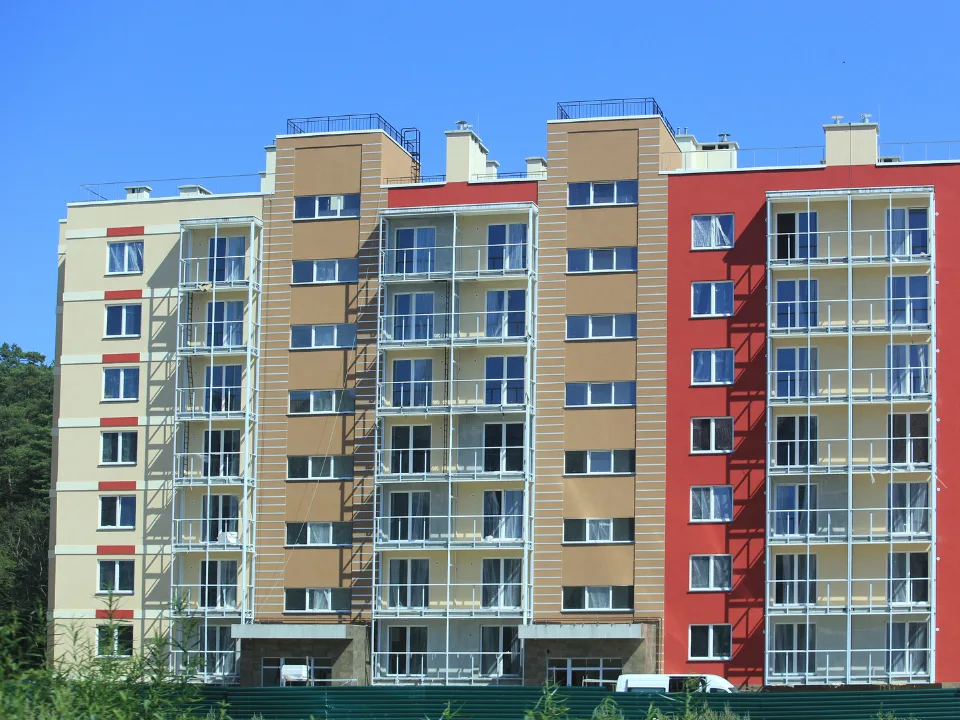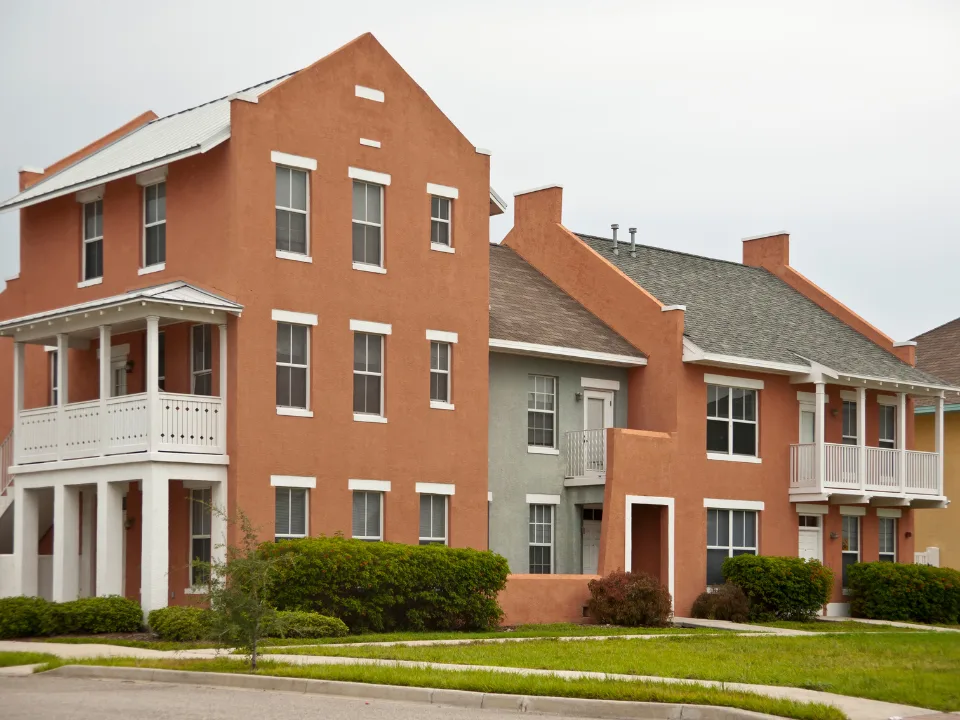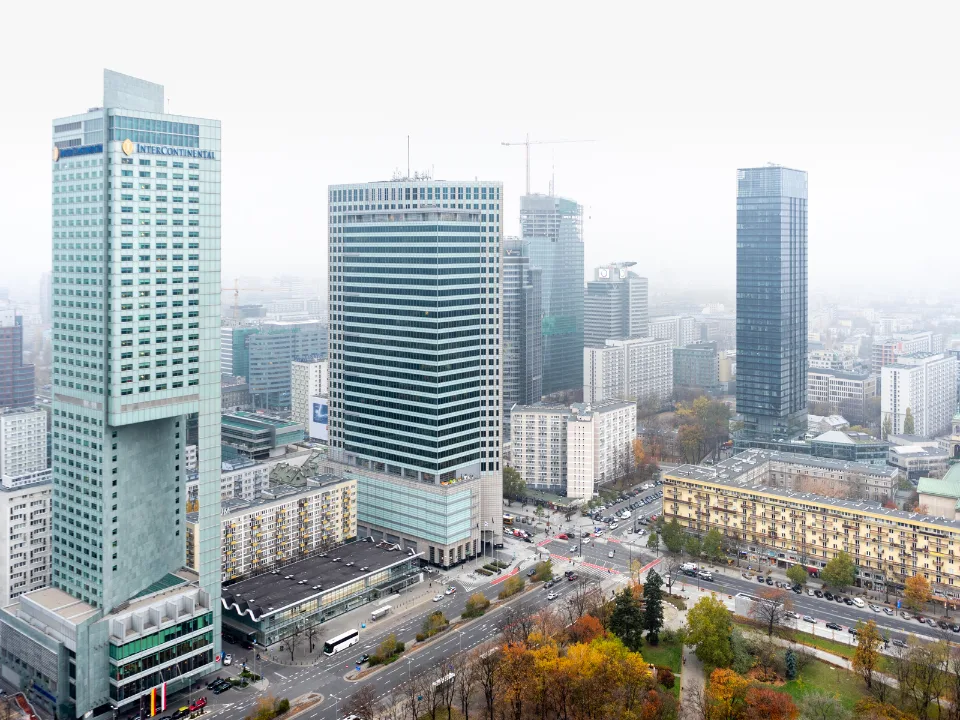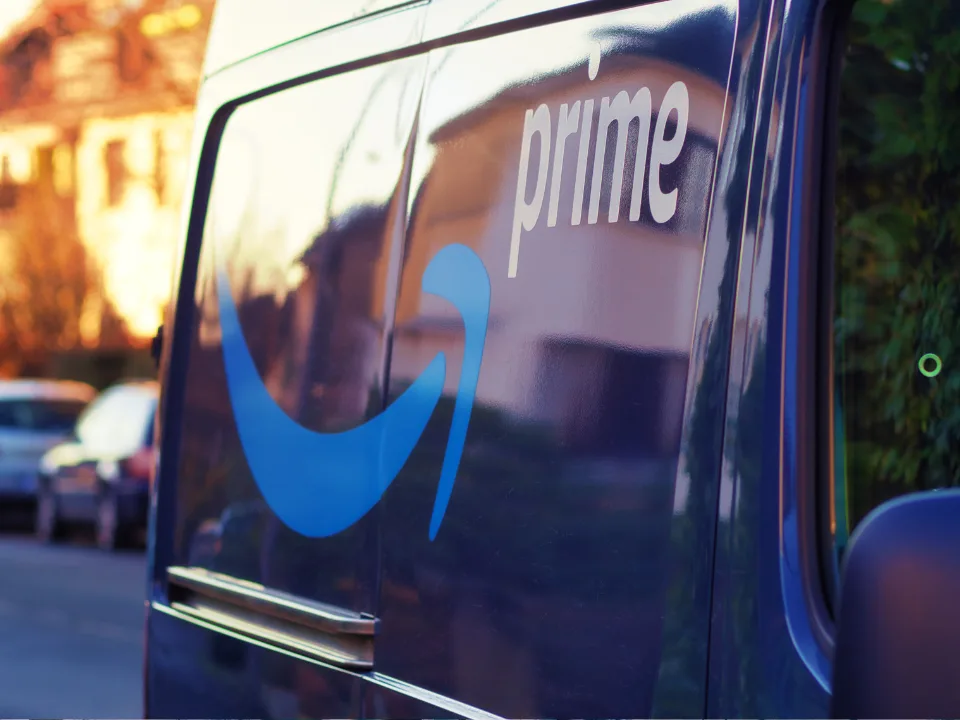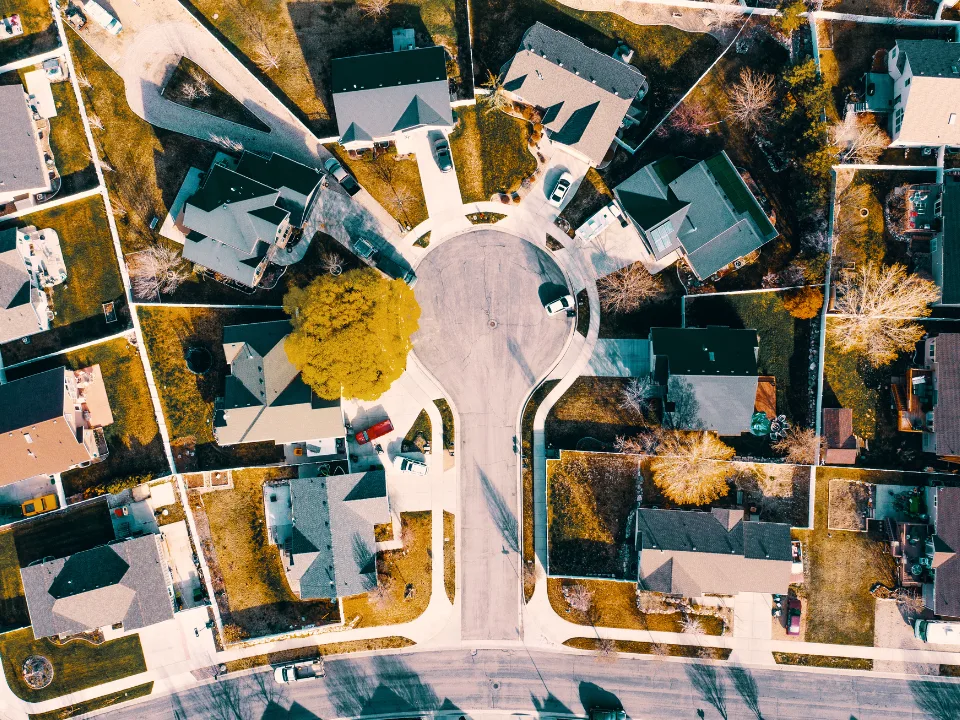- A $1.4B HUD retrofit program has been frozen by the Trump administration, halting energy-efficiency upgrades in affordable housing.
- Over 270 projects, including senior housing developments, are now at risk of losing funding.
- Developers warn that without the federal support, financing gaps could cancel essential upgrades and long-term affordability plans.
Retrofits on Ice
Per Bloomberg, a major federal initiative to upgrade aging affordable housing stock has come to a halt after the Trump administration moved to freeze $1.4B in funding under HUD’s Green and Resilient Retrofit Program (GRRP).
The program, launched under the Biden administration and funded by the Inflation Reduction Act of 2022, aimed to decarbonize HUD-assisted housing while extending its habitability and affordability.
Many of the affected properties serve vulnerable residents, including low-income seniors.
Get Smarter about what matters in CRE
Stay ahead of trends in commercial real estate with CRE Daily – the free newsletter delivering everything you need to start your day in just 5-minutes
Projects in Jeopardy
- Ashtabula, OH: A $21.8M renovation of the 202-unit Ashtabula Towers is on hold after losing a $10M GRRP loan. Without it, the full financing stack may collapse, according to developer Jonathan Rose Companies.
- St. Louis, MO: Council Tower Senior Apartments, a 227-unit complex for older and disabled residents, was awaiting an $18.2M HUD grant. The planned assessment never arrived, leaving the project stalled.
- Mississippi & Tennessee: United Church Homes secured two $3.2M grants for upgrades to 40-unit senior properties. After starting prep work and engaging HUD consultants, the nonprofit learned the federal contracts had been terminated.
The Broader Impact
At least 50 projects tied to nonprofit senior housing providers have been caught in the freeze, representing over 2,900 units that may not receive needed repairs and green upgrades. Of the 270 awards granted under GRRP, just 22 had closed before the hold.
GRRP was designed not to cover entire renovation costs but to bridge gaps in complex financing packages—especially critical in affordable housing, where rents can’t simply be raised to fund upgrades.
The awards could reach up to $20M per project or $80,000 per unit, offering substantial support for long-overlooked properties.
What’s Next?
Developers, residents, and advocacy groups are calling for immediate federal guidance. HUD has stated the program is “under evaluation” but has not committed to honoring awarded but unclosed grants.
Until then, hundreds of affordable housing projects across urban, rural, and tribal communities remain in limbo.
“The needs aren’t going to go away,” said Ken Young of United Church Homes. “And the longer we wait, the harder it will be to bring these homes back from the brink.”


